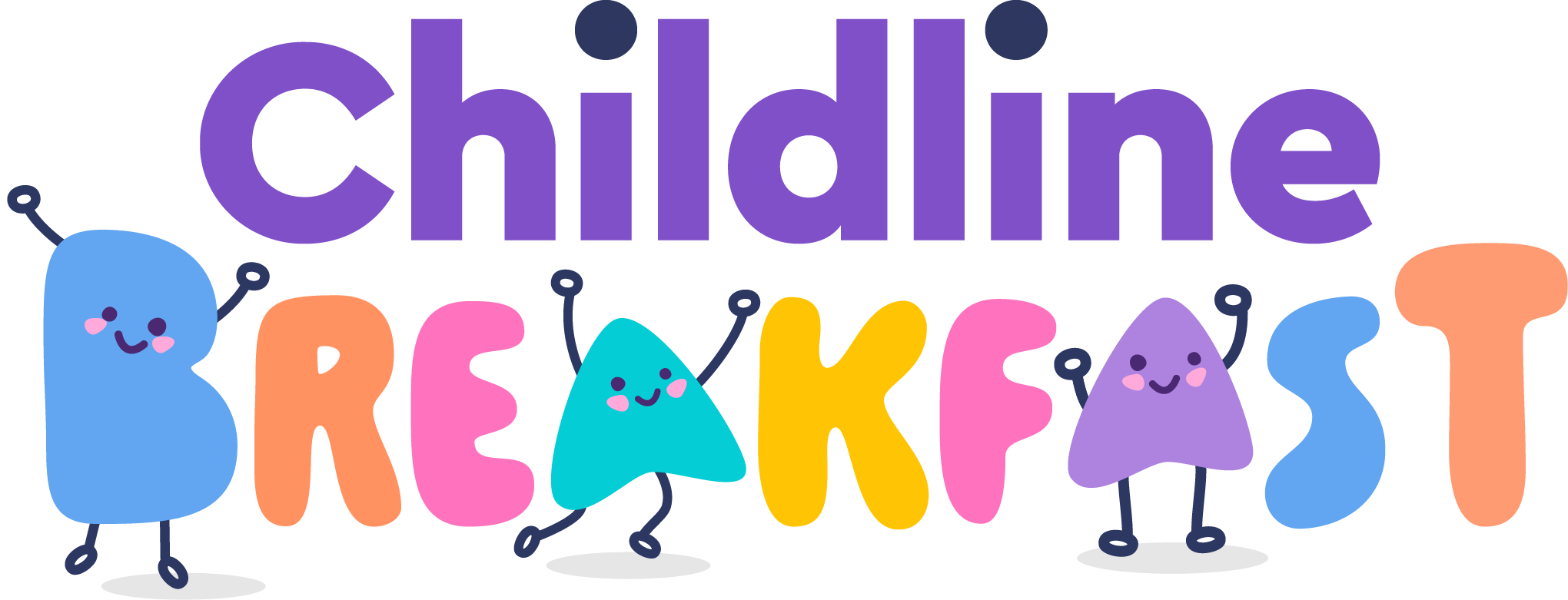Your Question
My teenage daughter is self-harming. What should I do?
Answer
Hello and welcome to Ask Robyn.
Thank you for bringing your question to Ask Robyn, by sharing what you are going through and reaching out for help you are also educating others who fear or are not ready to ask the difficult questions.
You have stated that your daughter is self-harming, and you want to know what to do. This must be difficult for you as a parent to have to deal with. As parents we worry so much about our children and if we are in fact doing right by them, we can question everything and look to blame other things where possible.
Unfortunately, a lot of what causes difficulties and stress for our children is out of our control, but we can be there to support them every step of the way. In your case you speak about self-harming, a good starting point can be educating yourself on this topic, you are obviously aware of the signs as you know your child is self-harming, maybe looking at the supports and services that are available to both you and your child, how and where to go to access those supports and services.
Have the conversation with your child to let them know that you are aware of what is going on and that you want to help them. Be open and honest in this conversation, let your child know how you are feeling and allow them the space and time to explain what is happening for them.
Don’t try and assume or jump in with “I know…. or because this happened…..” give your child the time to talk and sometimes it may be something they can’t explain or don’t understand fully themselves which is ok. Try not to question too much so as your child doesn’t feel like they are being judged.
Don’t try to mask or carry emotions you are feeling because you are the adult, let them out, by doing so you are showing your child that emotions are real, and they can be different for everybody but that it is ok to express them in a safe environment.
Try to help your daughter to understand what is going on for her and look at what triggers can cause the need for self-harming in your daughter. This can be done by creating a diary or logging thoughts and feelings over the course of a week to see if there are any core elements that trigger your child. This can be something that both you and your daughter can do together. This can build your communication and spark interesting conversations to see if you log similar details on your different interactions with one another.
You can try creating codes with your daughter when they feel the need to turn to self-harming so that once they say a specific word you can try doing an activity or spending time with them at that point to help them avoid harming their body.
As we can’t always pick up on things straight away or if we aren’t around our children all the time setting up an agreement of a code word can really help a young person in times of difficulty. Not only that but it shows your child that you mean it, you want to help, you will drop things to support them, you are not just using words. You are showing them that they are not alone you are there for them.
Although it’s not always possible, try and secure dangerous, sharp objects so that your child cannot access them freely. Let your child know that you will be doing regular checks in their room for dangerous objects such as razors, try getting their consent to allow this and let them know why this needs to be done. By working on the physical factors, it may become easier for your child to find more positive coping mechanisms.
Another useful and fun task could be taking up a yoga or mindfulness class together or something like that to find different outlets of dealing with everyday stressors. It can be a bonding exercise that brings your relationship to another level and can be something that has positive impact on both you and your child’s mental health.
It takes a lot of patience, time and understanding in dealing with self-harm and like with most things it is not always a smooth road, but taking each day as it comes and making use of the resources and supports out there you and your child can get to a better place.
Here are some of the useful numbers and websites to be aware of: Pieta house is a 24hr phone service at 1800 247 247 or text Help to 51444 or visit their website on www.pieta.ie, or Tusla website on www.tusla.ie and the HSE website on www.hse.ie. Your GP will be able to also support a further referral on to CAMHS.
If your child would like to talk to someone she can call Childline confidentiality for free on 1800 66 66 66 or live chat on www.childline.ie
If you ever feel overwhelmed or unsure about how to proceed, do not hesitate to seek advice from professionals or support groups. The ISPCC’s Support Line can be contacted by email to [email protected] or by phone from Monday to Friday 9am – 1pm on 01 522 4300
We really hope that the information above has been helpful.
Best of luck with everything and don’t hesitate to reach out again if you need to.
Take care,
Robyn.
Ask us a question
You can ask us about anything you want, there’s nothing too big or small.
